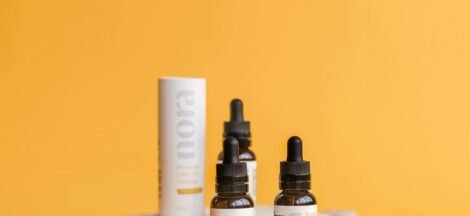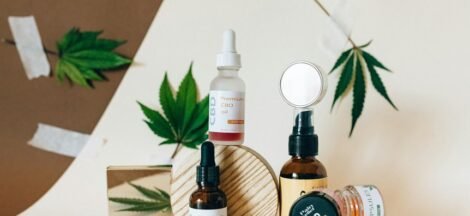The relationship between CBD and drug testing is complex. While CBD itself is not typically the target of drug tests, products containing trace amounts of THC can lead to positive results. Various factors, such as the type of test and the user's metabolism, can influence outcomes. Understanding these nuances is crucial for individuals considering CBD use, especially in professional settings. What implications might this have for users and their choices?
Understanding CBD and THC
Cannabidiol (CBD) and tetrahydrocannabinol (THC) are two prominent cannabinoids found in cannabis plants, each with distinct properties and effects.
CBD benefits include potential relief from anxiety and inflammation, promoting wellness without psychoactive effects.
In contrast, THC effects involve euphoria and altered perception, which can lead to impairment.
Understanding these differences is crucial for those exploring cannabis for health or recreational purposes.
Types of Drug Tests
Drug testing is a common practice used by employers, sports organizations, and medical professionals to detect the presence of substances in an individual's system.
The two primary types of drug tests are saliva tests and urine tests. Saliva tests are often used for immediate results, while urine tests are more comprehensive and can detect a wider range of substances over a longer period.
Factors Influencing Test Results
While various factors can influence drug test results, the most critical aspects include the type of test administered, the individual's metabolism, frequency of use, and the specific formulation of the CBD product consumed.
Cannabinoid metabolism varies significantly among individuals, impacting how long compounds remain detectable.
Additionally, test sensitivity plays a crucial role in determining whether CBD products yield positive results on drug screenings.
Minimizing Risks of Failing a Drug Test
Minimizing the risks of failing a drug test involves several proactive strategies.
Individuals should consider the source and quality of their CBD consumption, opting for products with zero THC.
Additionally, implementing testing strategies, such as abstaining from CBD use before a scheduled test or utilizing third-party lab-tested products, can greatly reduce the likelihood of unexpected positive results.
Awareness and caution are essential for responsible usage.
Conclusion
In conclusion, while CBD itself is not typically the target of standard drug tests, its potential to yield positive results largely hinges on the presence of THC in products. Like a shadow that follows its source, trace amounts of THC can lead to unexpected outcomes. Users should be vigilant in selecting high-quality, lab-tested CBD products to mitigate risks and remain informed about the legal and employment implications of their choices.





 Is Cbd Legal in New Mexico
Is Cbd Legal in New Mexico